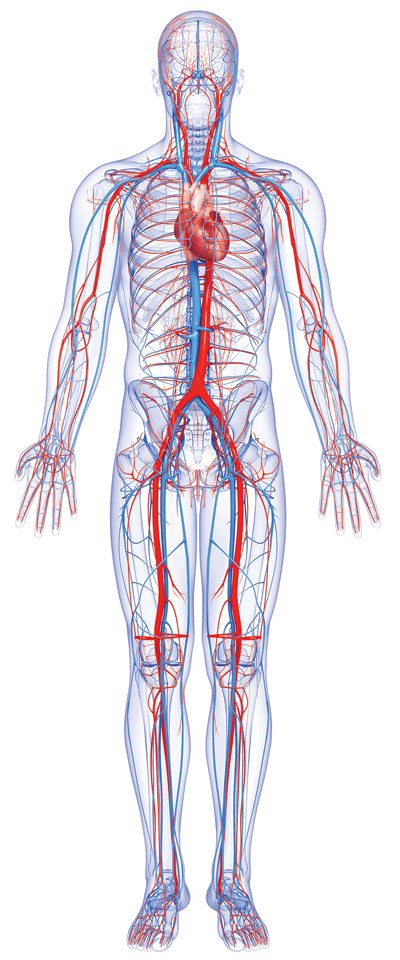
For the past few months readers of Adventist Review have received previews of issues likely to come up at this year’s General Conference session. In most cases these issues are not new; the church has been grappling with them for years, even decades.
What makes them so important now is that some people are predicting dire consequences if the votes don’t go their way.
Perhaps it’s time to step back and remind ourselves what the church is all about. I suspect that in this age of extreme partisanship and rancor in nearly every arena of society, some have forgotten that the church is about service, not conflict; it’s certainly not about getting one’s own way.
The body, the image Paul used to describe the church, is one with which I resonate. “Just as a body, though one, has many parts, but all its many parts form one body, so it is with Christ. For we were all baptized by one Spirit so as to form one body—whether Jews or Gentiles, slave or free—and we were all given the one Spirit to drink. Even so the body is not made up of one part but of many” (1 Cor. 12:12-14). Three points:
First, the body, Christ’s body, has many parts, obviously. The notion that in Christ’s body everything moves in uniformity is patently ridiculous. Hands do what hands do, lungs do what lungs do, and the appendix, well, it doesn’t do anything. There is sublime unity in the body. But the body works best when feet aren’t telling ears what to listen to.
Second, the body, Christ’s body, is a living thing, obviously. It grows and matures. A body that doesn’t grow is not well. Just as a teenager isn’t the same as an adult—physically, emotionally, or spiritually—the church has to keep growing and developing; that’s what living things do.
Third, Christ is the head of the body, obviously. I know it’s tempting to look to some building, committee, or session to make decisions relative to how an organization should function. But buildings, committees, and lines of authority are for institutions, not living bodies. A committee doesn’t tell your finger to move when it touches a thorn; the head takes care of that.
In addition to the confusion about whether the church of Christ is primarily a body or an institution is our understanding of the Holy Spirit and its role in the church. Jesus told Nicodemus, “The wind blows wherever it pleases. You hear its sound, but you cannot tell where it comes from or where it is going. So it is with everyone born of the Spirit” (John 3:8).
Translation: We don’t control the Holy Spirit; the Holy Spirit controls us. Even if I disagree with the way the Holy Spirit is leading someone else, I have no right to say they are not being led. We seem to have developed an unhealthy obsession with evaluating who is called by the Holy Spirit, and under what circumstances. The unstated implication: You are not called by the Holy Spirit until we say you are.
Think about it: All around the world, at this very moment, countless millions of Christ’s followers are using their spiritual gifts to build up His kingdom. In most cases they don’t have permission from an institution; they’re just carrying out the mandate placed on them by Christ, the head of the church, using gifts provided by His Holy Spirit.
Now is not the time to attempt to restrict the activity of the Holy Spirit by insisting that some are not qualified to serve because they don’t meet some human requirement. Rather, it is time for us to be more open to the Holy Spirit than we’ve ever been before; not just as an institution, but as individual members of the body of Christ.
“You are the body of Christ,” wrote the apostle Paul, “and each one of you is a part of it” (1 Cor. 12:27). While leaders, committees, and institutions will always be necessary, God forbid that any of us should try to prevent any others from using their spiritual gifts for the glory of God and the expansion of His kingdom. We’re not primarily an institution; we’re Christ’s body, the church. Obviously.